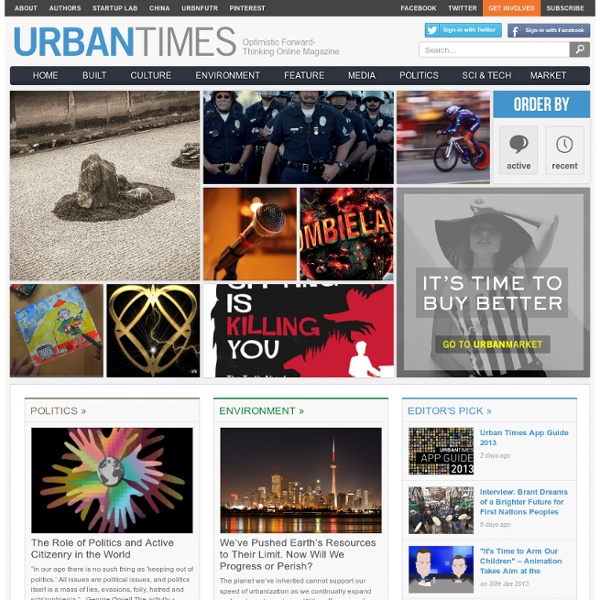



The Price of Walkability This is a community post, untouched by our editors. Not so long ago, walkable neighbourhoods had a price penalty associated with them – not a price premium. However, a structural shift is occurring, which demonstrates a fundamental change in demand in our cities. The Atlantic Cities recently released an article based on research from the Brookings Institution that shows just how much more expensive walkable, mixed-use, dense, and amenity rich neighbourhoods are in comparison to the typical suburban communities. Photo c/o ifmuth (Flickr) Of course, the flip side of this coin is that retail businesses do better in walkable neighbourhoods, due to increased footfall, houses are worth more per square foot, and even rent for office spaces increases. Although baby boomers and millennials (those born between the early 1980s and 2000) are extremely different in a number of respects, they share a similar desire to live in dense, walkable, urban communities with easily accessible amenities.
WHAT THE FUCK HAVE YOU DONE? Archinect | Connecting Architects Since 1997 SparkTour Sophie Chevalier sophie.chevalier7@wanadoo.fr Sophie Chevalier est maître de conférences en ethnologie à l’Université de Franche-Comté depuis 1996. Elle a aussi enseigné ponctuellement en Grande-Bretagne, en Suisse et au Brésil. Après une licence de droit à l’Université de Genève, elle a étudié à l’Université de Paris X-Nanterre où elle a obtenu sa thèse de doctorat ; puis elle a passé deux ans post-doctoral comme chercheur associé au Department of Social Anthropology de l’Université de Cambridge (GB). Elle s’intéresse à l’anthropologie économique, plus précisément ses travaux concernent la culture matérielle contemporaine, les pratiques de consommation et les échanges. Elle a ensuite mené des recherches en Bulgarie, sur le passage d’une économie planifiée à l’économie de marché, vu à travers les pratiques économiques quotidiennes des habitants d’une petite ville. Par ailleurs, elle vient de terminer une recherche européenne qui incluait huit pays, « Parenté et solidarité » (6ème PCRD). Co-direction :
Louis Proyect: The Unrepentant Marxist Parlour | women, architecture, equity. Accueil | Without Model New book by David Harvey: Rebel Cities | Pop Theory Between trying to take a day off and teaching overload (at the same time), I have been speed-reading David Harvey’s new book, Rebel Cities: from the right to the city to the urban revolution, bought on a day out in Bath. I know, this is the sort of book you are meant to buy at Booksmarks or somewhere like that, but Bath is the closest place to where I live with decent book shops (Oxford doesn’t count, because it doesn’t actually have great bookshops, apart from Blackwell’s, and the OUP bookshop, both of which are more like academic libraries where you can buy the books, if you see what I mean). It has some familiar limits, shall we say – an aversion to rights-talk when thought of as anything more than a convenient strategic fiction, and a simplistic contrast between ‘individual rights’ (not to be trusted), and ‘collective’ rights (more of these, please). The two most interesting pieces in this new book are in the middle. [The baby's just been sick, I have to pause]. Like this:
Exiting The Anthropocene and Entering The Symbiocene. | glennaalbrecht Exiting The Anthropocene It has been proposed that humans are now living within a period of the Earth’s history appropriately named ‘The Anthropocene’ (Crutzen and Stoermer 2000). The name is derived from the observed human influence and indeed dominance of all climatic, biophysical and evolutionary processes occurring at a planetary scale. Gone is the relative stability and predictability of the past 12,000 years as the established patterns and regularity of Holocene phenology begin to fall into chaos. In the Anthropocene, the so-called ‘new normal’, or what I prefer to conceptualise as ‘the new abnormal’, life will be characterised by uncertainty, unpredictability, genuine chaos and relentless change. We need to get rid of the foundations of the concept of the Anthropocene before it covers many more decades of history of Earth. Dominance by powerful vested interests has also become characteristic of what is called democracy. Entering The Symbiocene Imagining The Symbiocene Sumbiocracy
Design Observer